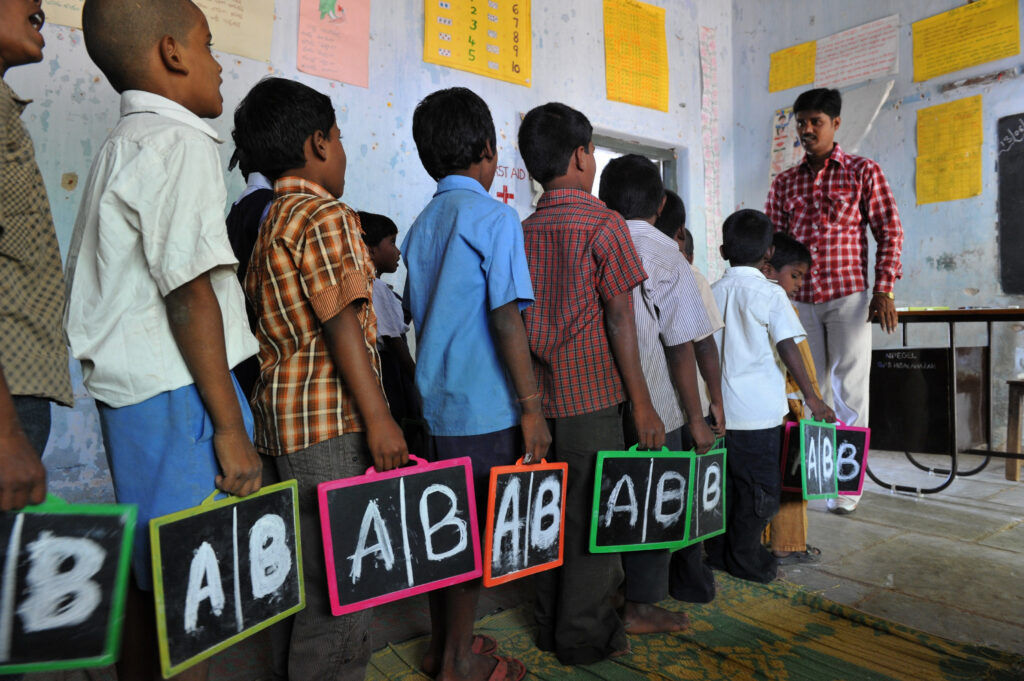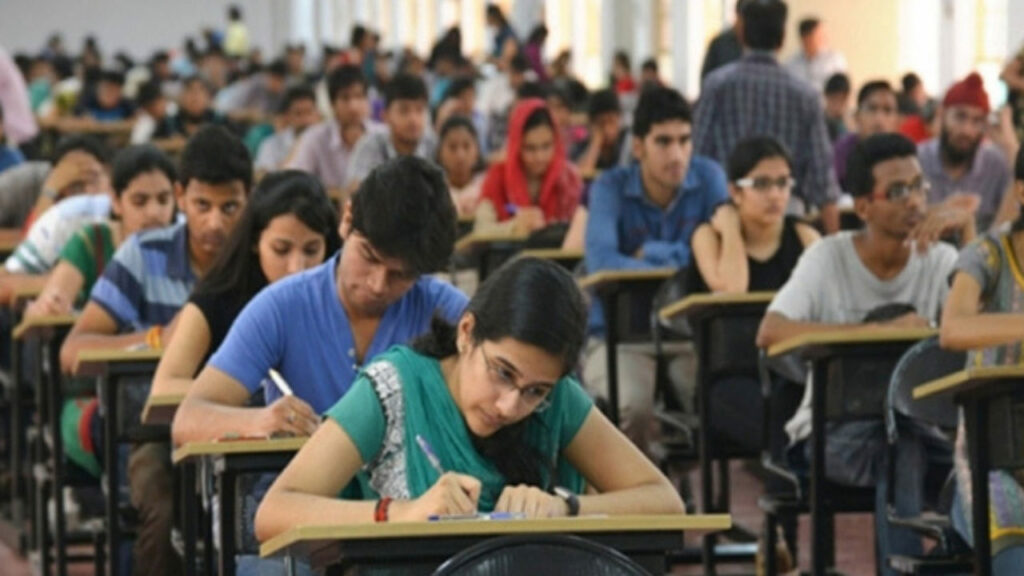In a new wave of linguistic activism, the forum ‘Namma Nadu Namma Alvike’ launched a campaign on Friday calling for the immediate cessation of Hindi as a third-language examination in Karnataka schools. To promote this cause, a bike rally was organized from Banappa Park to Maratthalli, where community members rallied for the adoption of a two-language formula, as in neighboring Tamil Nadu.

Pushback Against the Three-Language Formula
The three-language policy, which includes Hindi, English, and Kannada or a mother tongue, has sparked discontent among many in Karnataka. According to the Karnataka Secondary School Leaving Certificate (SSLC) results from the last academic year, over 90,000 students failed only in the third-language Hindi exam. Kannada film lyricist Kaviraj, who attended the rally, argued that Hindi is “not a language of our environment and has been imposed on Karnataka students.” He criticized the policy, stating that no Hindi-speaking state follows this formula, and that Tamil Nadu has long utilized a two-language system without Hindi, emphasizing the need for Karnataka students to have similar options.
Concerns Over Academic Burden and Regional Identity
The rally organizers raised concerns about the impact of mandatory Hindi on student performance and the preservation of regional language priorities. S Shyam Prasad, one of the event organizers, voiced frustration over Karnataka’s historical adoption of Hindi in the 1960s as an optional language, which has gradually become compulsory through successive governments. He highlighted that the policy has now “turned into a noose around Kannada students,” curbing their academic success and imposing a language they seldom use outside of the classroom.
Rally Calls for Two-Language Policy
Shivanand Gundanavar, one of the rally’s lead organizers, stated that the campaign’s immediate objective is to eliminate Hindi exams from the state’s academic syllabus, with a long-term goal of adopting a two-language system that prioritizes Kannada or a student’s mother tongue, alongside English. The campaign’s approach aligns with the Tamil Nadu model, where students are taught only in their regional language and English.
The campaign against Hindi exams has sparked an important debate about the necessity and impact of language policies in education. As more voices join the call, the Karnataka government will face increasing pressure to address these concerns and potentially reform its language policy for school education.
4o













